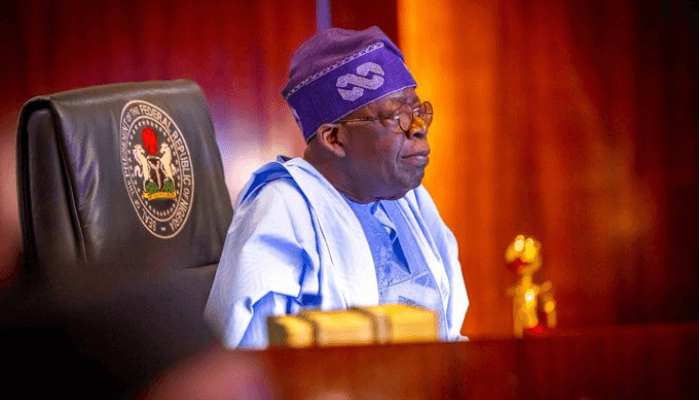The decision by President Bola Ahmed Tinubu to assent into law the 2023 Electricity Bill that allows states of the federation and companies to generate and distribute power within specific territories in the country is a commendable step that will help improve Nigeria’s dire power generation and distribution system.
The country’s power generation and distribution system is at a stage that calls for crucial intervention and the president’s assent to the bill could not have come at a better time.
According to the 2022 Energy Progress Report produced by the International Energy Agency, International Renewable Energy Agency, United Nations Statistics Division, the World Bank and the World Health Organisation, 92 million Nigerians lack access to electricity out of the country’s 200 million people. The report places Nigeria as the worst country in the world, even behind DR Congo with 72 million and Ethiopia with 56 million people without access to electricity.
What the recently signed Electricity Bill, which was passed in June 2022, addresses is the failure of the federal government to successfully generate and distribute power to carter for Nigeria’s rapidly growing population and industries. It also opens up the door for the exploitation of other sources of generating clean energy in the country, the establishment and growth of private and state-owned electricity generation and distribution companies as well as jobs for Nigerians.
NDIC seeks inputs on a framework for differential premium assessment system
Zulum reappoints Gusau as media aide, 11 other advisers, GMs
As of now, there is zero per cent renewable energy in the national grid, with the country solely reliant on hydro-generated energy. The national grid is strained and currently generates between 4000 and 5000 megawatts which is grossly insufficient for the country’s population and development needs. On March 1, the country generated the highest quantum of electricity ever when it reached 5,802MW.
While that should have been a remarkable achievement, it triggers fear of a total collapse of the national grid. The President of the Nigeria Consumer Protection Network, Kunle Olubiyo, has warned that the national grid will collapse if production hits 6, 000MW. This warning underscores the need to diversify power generation in the country and hence the relevance of the new national electricity bill.
The bill, which was made possible by President Muhammadu Buhari’s signing of several constitutional amendment bills that allowed the devolution of the power sector, now repeals the Electric Power Sector Reform Act (EPSRA) which was signed by President Olusegun Obasanjo in 2005.
The EPSRA (2005) provided the legal, regulatory and governance frameworks underpinning the Nigerian Electricity Supply Industry (NESI).
This new Act signed by President Tinubu consolidates all legislation dealing with the electricity supply industry to provide a framework that will guide the post-privatization phase of the Nigerian Electricity Supply Industry. Crucially, it will encourage private sector investment in the industry and diversification of power generation.
This bill, therefore, is a welcome development and we urge all relevant stakeholders to take advantage of it to provide the much-needed power for home use and industrialisation. States in the northern region, for example, could explore solar energy to cater to the needs of their populace, while other states could explore wind energy. This will not only lighten the load on the already strained national grid but create huge employment opportunities in the states and through private investors, as well as a significant stream of revenue.
However, this will not be possible until the states have passed their electricity market laws. Until this is done, the Nigerian Electricity Regulatory Commission (NERC) will continue to regulate the electricity business in the states. Already, the 2005 Electricity Reform Act has empowered the NERC to oversee the electricity industry activities including licensing, regulation, transmission and system operation.
Considering that the new Act prohibits distribution of power across state and national boundaries, it implies that successor Distribution Companies (DisCos) operating across state lines will have to have subsidiary distribution companies to operate in other states. This may help ensure that local distribution problems are treated locally and possibly eliminate the cumbersome process of addressing challenges in outlaying states in the DisCos’ territory of operations.
While we commend the president for signing the new Act, we call on regulatory agencies and state assemblies to ensure that the new regulations will accommodate and protect newcomers on the scene and the new challenges that they will face. At the same time, regulatory agencies must ensure that Nigerians are not exploited beyond reason by these companies to provide services that are basic worldwide.
We implore states and private concerns to take advantage of the new Act to intervene in this crucial sector of national growth. All stakeholders should also work towards ensuring that the power provided is affordable to the majority of Nigerians.
